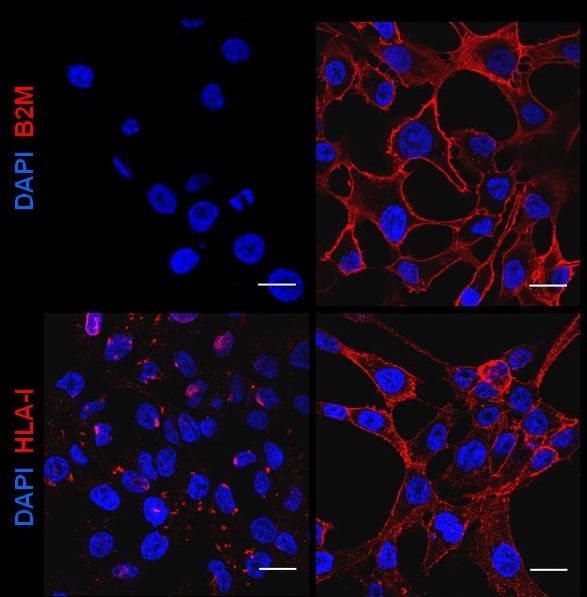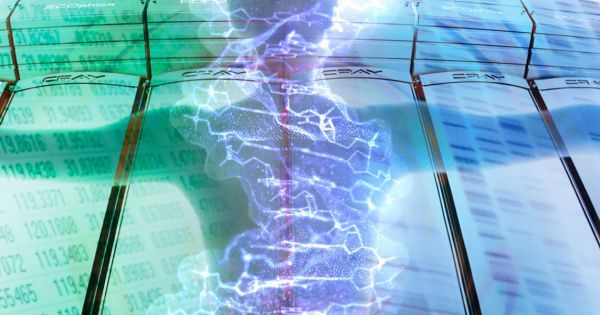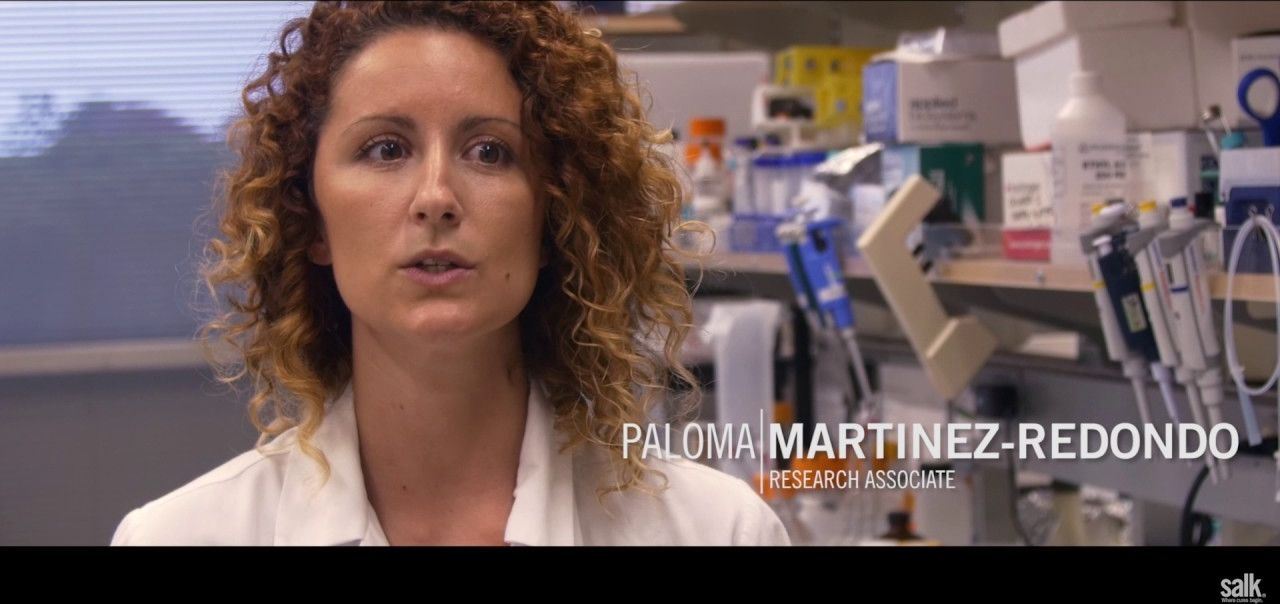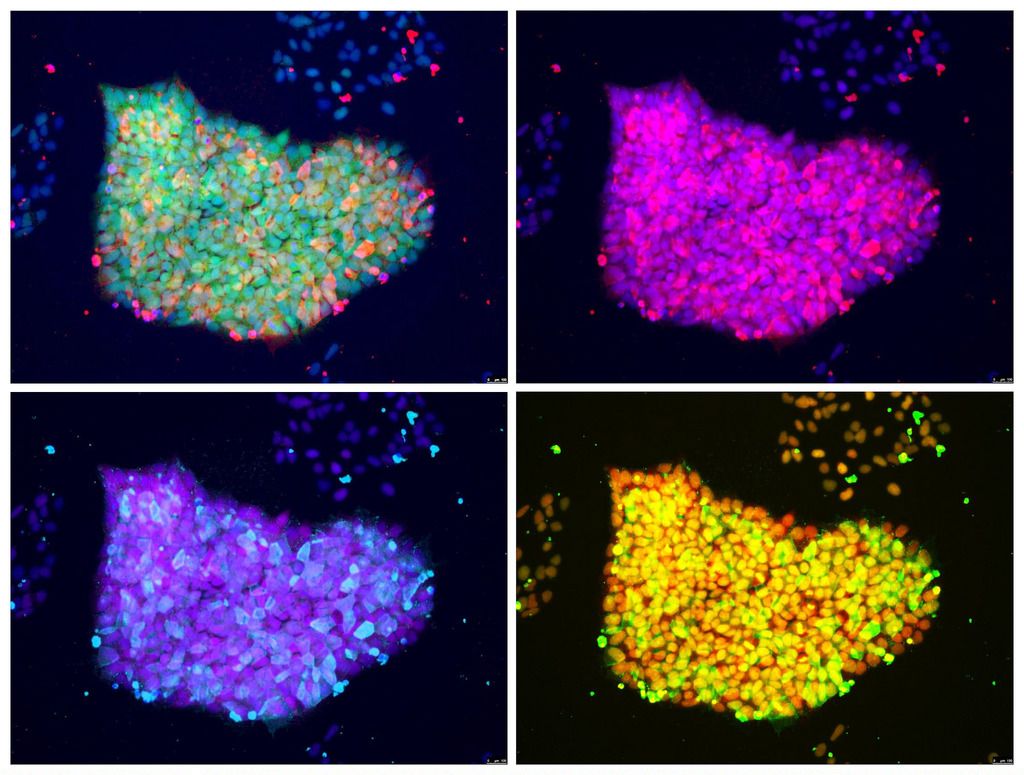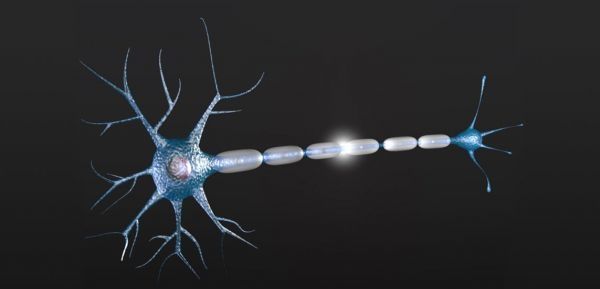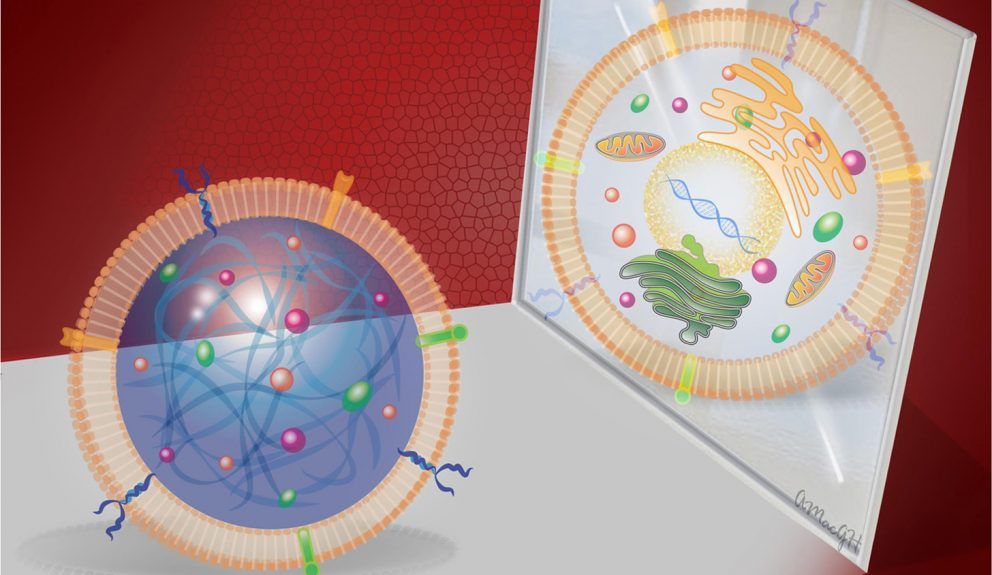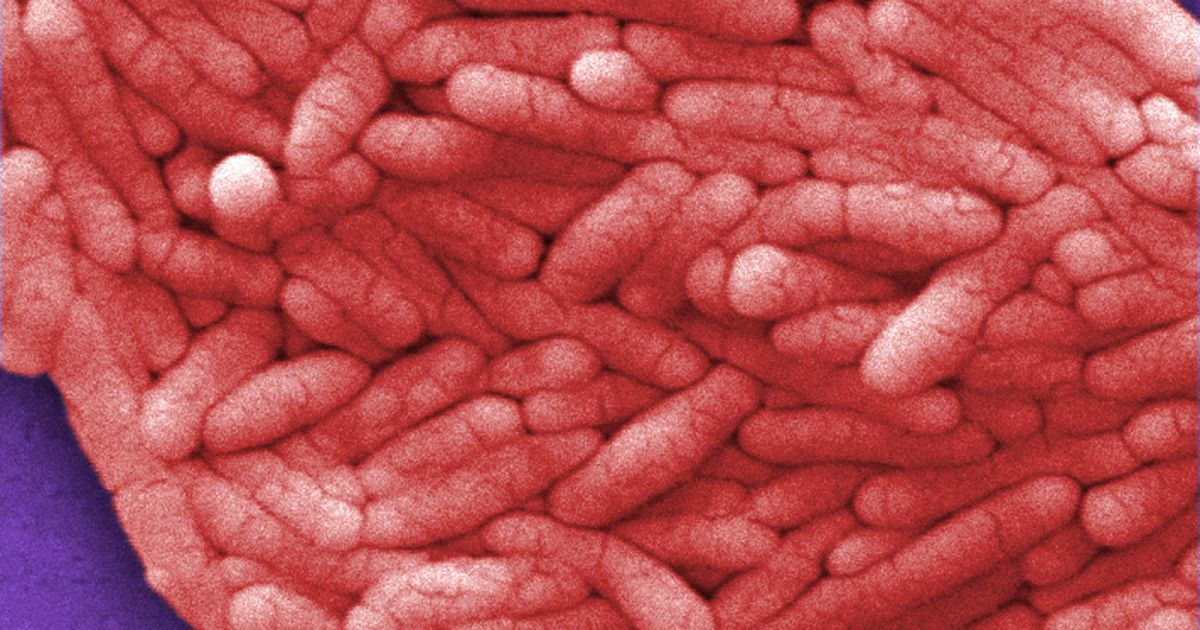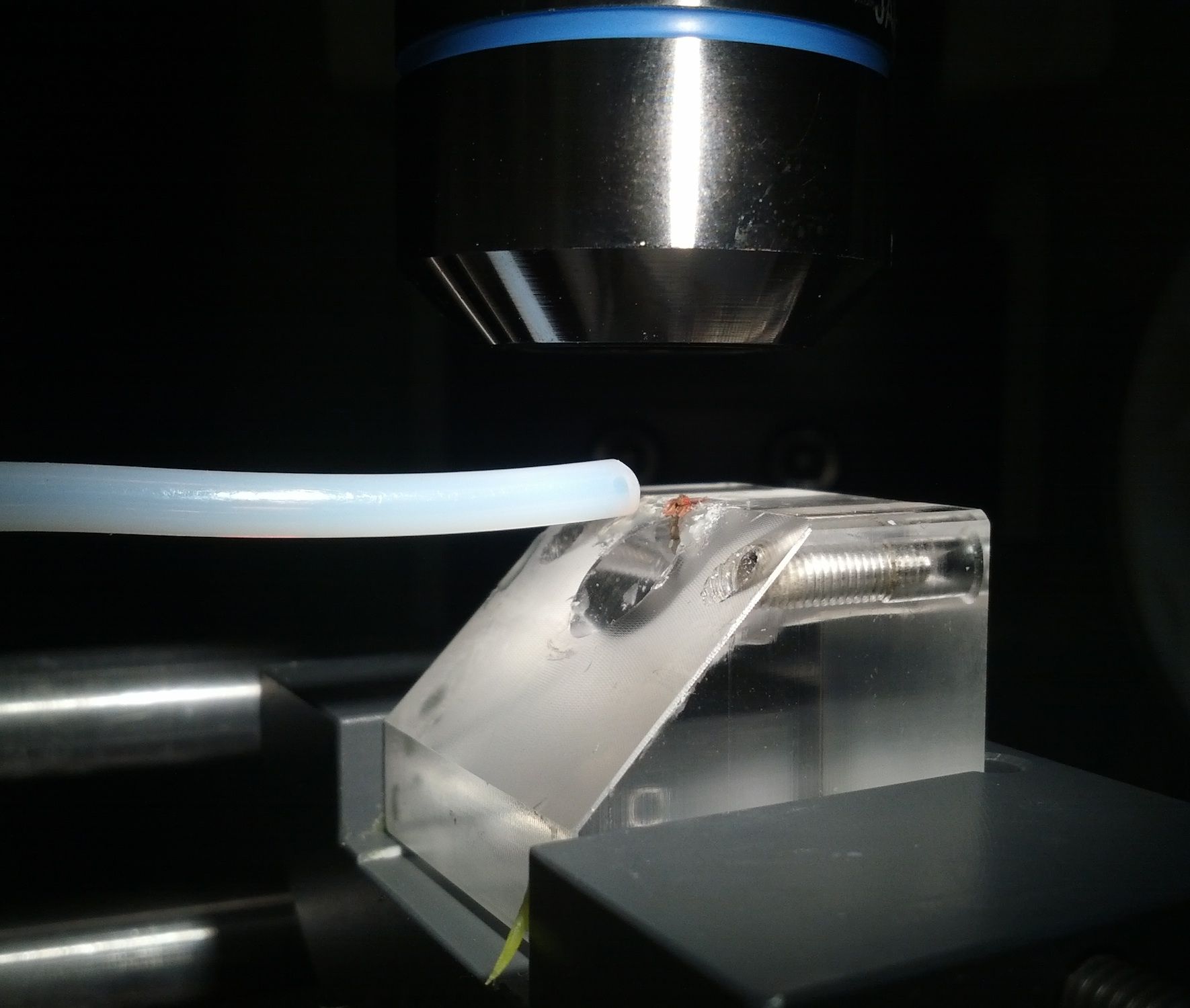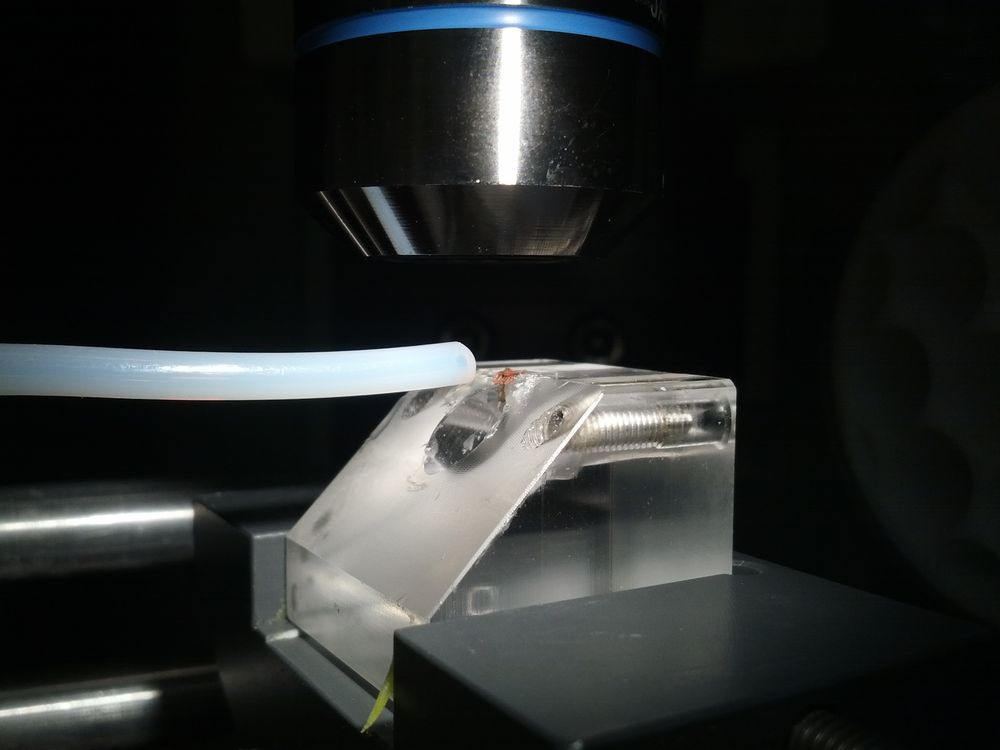Jan 17, 2017
Inactive B2M gene is recurrent in lung cancer and may condition response to immunotherapy
Posted by Karen Hurst in categories: biotech/medical, genetics
Big deal.
Researchers from the Genes and Cancer research group at the Bellvitge Biomedical Research Institute (IDIBELL) have identified inactivating mutations in a number of genes that code for HLA-I histocompatibility complex proteins, which are involved in the immune response and can condition the tesponse of lung cancer patients to immunotherapy. The study is a result of the collaboration between several national and international research centers, and has been published in the journal Clinical Cancer Research.
“Initially, we performed a genetic screening of lung cancer tumors using xenograft models, that is, human tumors that grow in mice, to obtain tumors with a low load of normal human cells,” explains Dr. Montse Sanchez-Cespedes, the last author of the paper. Sequencing of the tumors made it possible to identify several mutated genes, including some oncogenes and known tumor suppressor genes, and others that not previously described. “Among the latter, we were particularly interested in the B2M gene for its involvement in the functioning of the immune system, a target of new therapies developed for this type of cancer.”
